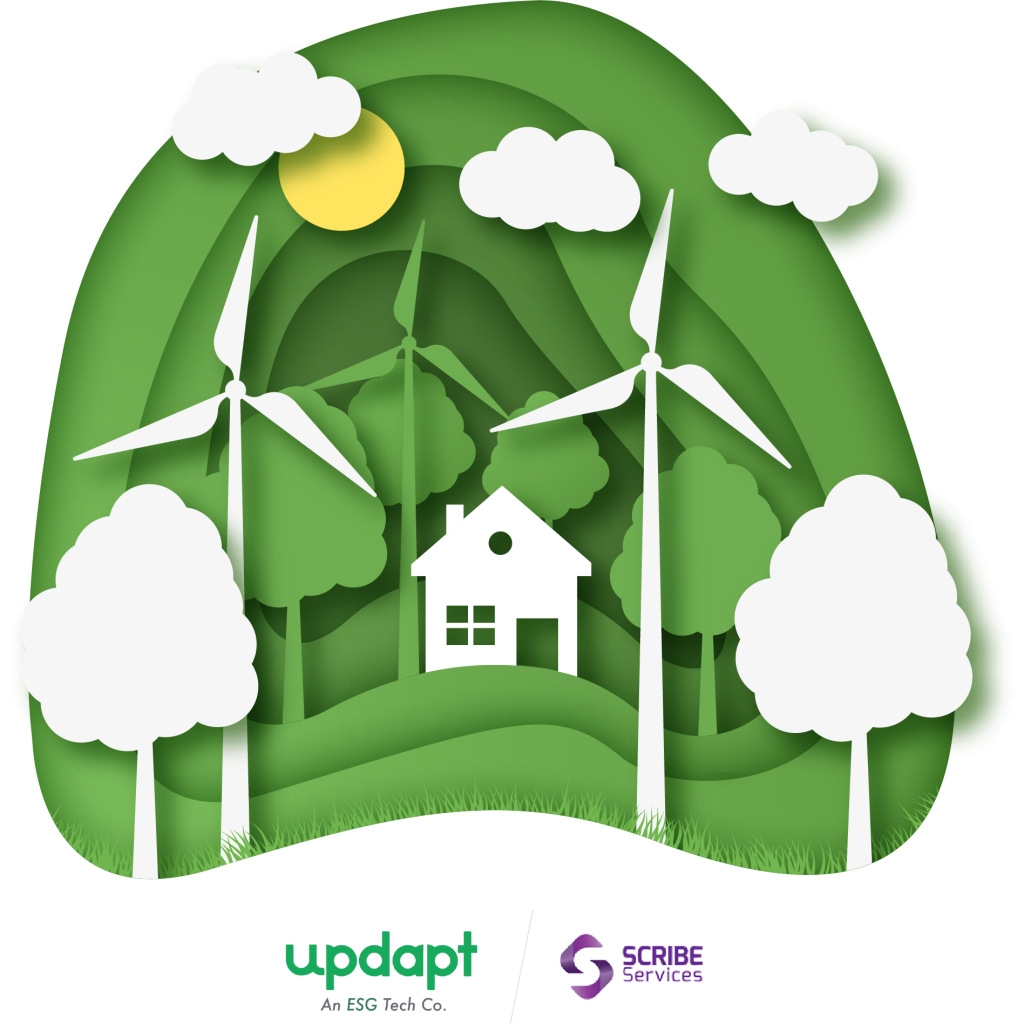IFRS S1, What Does it Entail?
IFRS S1 stands for the International Financial Reporting Standards (IFRS) General Requirements for Disclosure of Sustainability-related Financial Information. It serves as a guideline for disclosing sustainability-related financial information to the public.
This standard is a response to increasing pressure on corporations to shed light on their societal contributions beyond goods and services provision. The declaration on November 3, 2021, at COP26 in Glasgow led to the creation of the International Sustainability Standards Board (ISSB), tasked with developing global sustainability disclosure standards to meet investor information needs and facilitate comprehensive sustainability reporting to global capital markets.
In March 2022, ISSB published the first two exposure drafts: IFRS S1 , focusing on general requirements for disclosure of sustainability-related financial information, and IFRS S2 , concentrating on climate-related disclosure. After extensive stakeholder engagement, ISSB issued the final versions of both standards.
While both standards are significant, this article focuses on IFRS S1.
IFRS S1 requires disclosure about all sustainability related risks and opportunities that could reasonably be expected to affect the entity’s cash flow, access to finance or cost of capital over the short, medium and long term (collectively referred to as sustainability related risks that could reasonably be expected to affect the entity’s prospects’).
The guidelines are based on four principles:
Fair Representation: Emphasizing comparability, verifiability, timeliness, and understandability of disclosures to prevent greenwashing and ensure transparency.
Materiality: Similar to financial disclosures, IFRS S1 defines materiality and requires entities to disclose information that could influence users’ decisions.
Reporting Entity: Disclosures must pertain only to the entity’s business operations.
Connected Information: Disclosures should link sustainability-related risks and opportunities and connect with disclosures in other financial reports.
Key components of disclosures include:
Governance: Highlighting governance processes, controls, and procedures for identifying, monitoring, and managing sustainability-related risks and opportunities.
Strategy: Providing long-term plans to exploit climate-related opportunities and mitigate associated risks.
Risk Management: Disclosing processes for identifying, assessing, prioritizing, and monitoring sustainability-related risks and opportunities.
Metrics and Targets: Disclosing metrics and targets, ensuring interoperability with financial disclosures made under other standards.
In today’s business landscape, focusing on long-term sustainability is crucial for the well-being of the entire ecosystem. Organizations must recognize their social obligations and consider their impact throughout the value chain in promoting sustainability over the short, medium, and long term.


